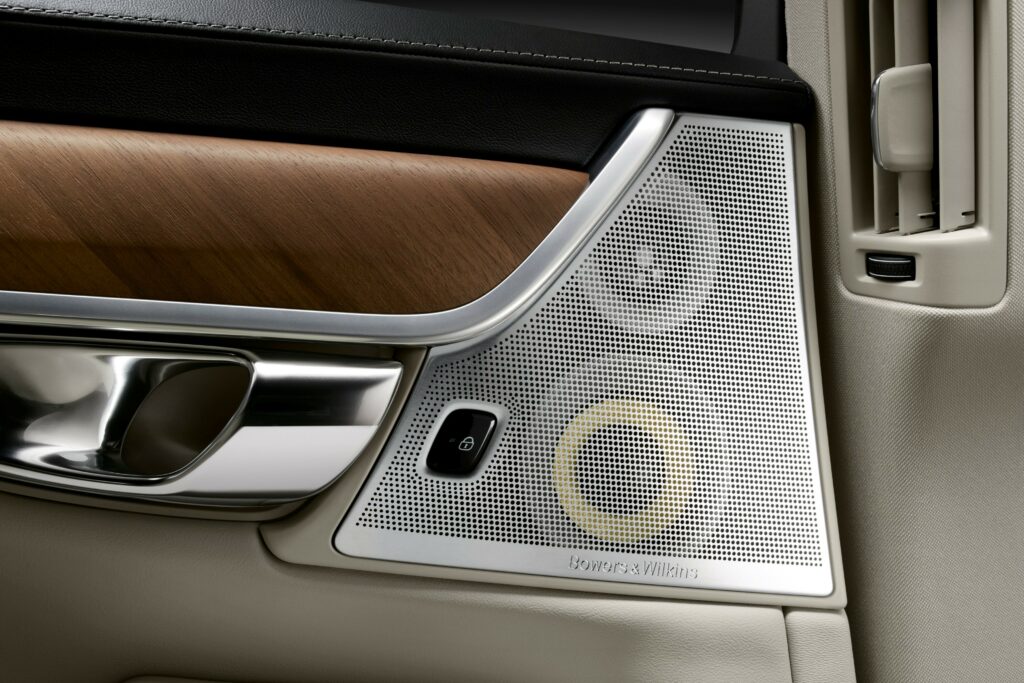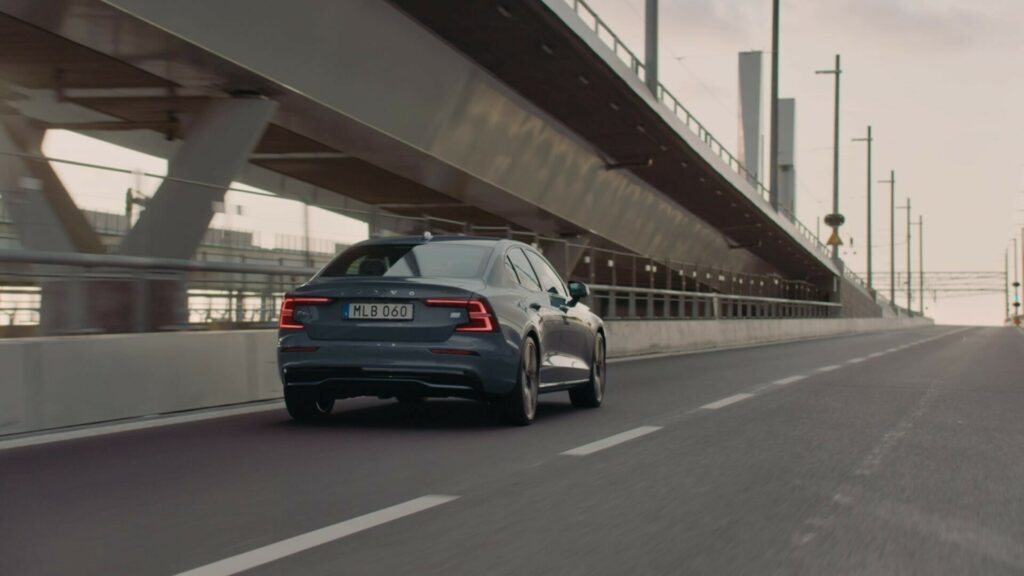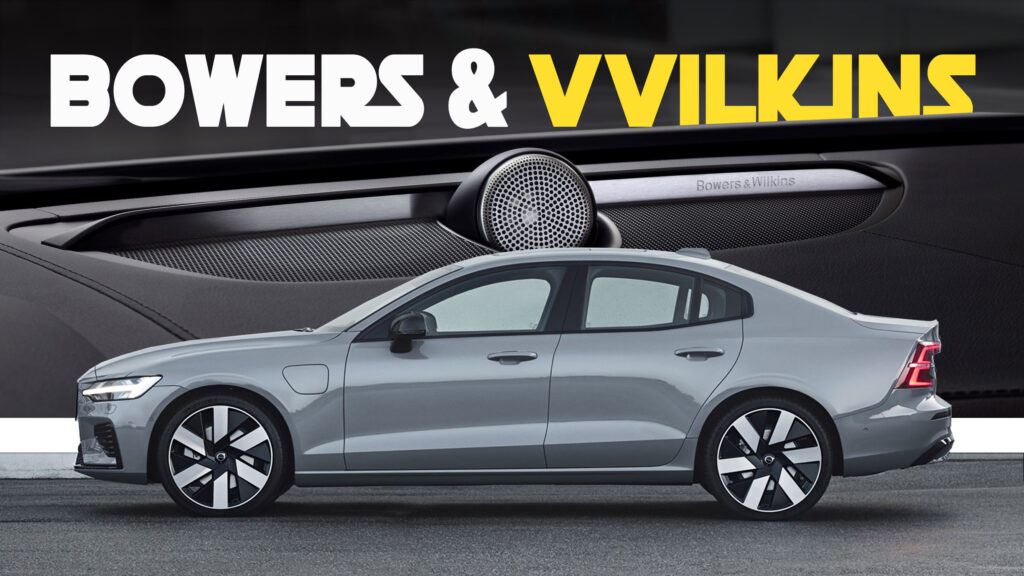- Volvo customers in China claim that their vehicles were installed with counterfeit products.
- These include fake speakers with “Bowers & VVilkins” or “Bovvers & Wilkins” lettering.
- Volvo has issued a public apology on social media, promising to investigate the matter.
When purchasing a vehicle from a premium automaker, you expect top-notch quality and authentic components—after all, that’s part of what you’re paying for. So, it was quite a shock for some Volvo customers in China when they discovered that their cars were reportedly fitted with counterfeit speakers.
The issue first came to light when a Volvo S60 owner reported the problem after receiving the extra equipment as a promotional gift from a Chinese Volvo dealer. However, upon comparing the sedan to other S60 models, the owner noticed some peculiarities inside the cabin.
More: Volvo ES90 Electric Sedan Debuts March 5 Alongside Facelifted S90
According to Chinese media outlet Sohu, the speakers in question featured the label “Bowers & VVilkins,” (note the two “V”s instead of a “W”), indicating that the vehicle wasn’t equipped with the genuine 15-speaker Bowers & Wilkins audio system. Additionally, the crystal-style gearshift lever lacked the light-emitting feature typically found in high-spec Volvo models.
When the owner raised the issue with the dealership, things only got more complicated. The salesperson reportedly didn’t speak English and couldn’t distinguish between “VV” and “W,” leading the dealer to refuse a replacement, insisting that the speakers still offered high-quality sound.

A Widespread Issue?
After the dissatisfied customer took the story to social media, it quickly became clear that this wasn’t an isolated incident.
As reported by JoongAng Ilbo, other Volvo owners in China also found speakers labeled “Bowers & VVilkins” or even “Bovvers & Wilkins” in their vehicles, sparking questions about whether the counterfeit products were intentionally installed. So far, it remains unclear which Volvo models are affected and if all of them were sold by the same dealership.
Volvo’s Response and Damage Control
Following the backlash on social media, Volvo’s Chinese division issued a statement on Weibo on February 12:
“Volvo Cars attaches great importance to the ‘irregular behavior in the new car sales process’ reported by some customers recently. We deeply apologize for the trouble and inconvenience caused to customers by this incident. Volvo Cars always stands with its customers and will never tolerate any behavior that harms the interests of users.
“After the incident, Volvo Cars immediately launched a special investigation. We will uphold the principles of openness and transparency, thoroughly investigate the cause of the incident, and properly handle it in accordance with laws and regulations to ensure that the legitimate rights and interests of customers are fully protected.”
More: 2026 Volvo XC60 Gets Another Refresh After 9 Years On The Market
“Volvo Cars implements a strict full-link traceability management system for original accessories. Every original accessory meets the global unified quality standards, providing customers with a safe and worry-free car experience. Volvo Cars has always been customer-centric and committed to providing safe and reliable products and services. In the future, we will further strengthen the supervision and management of authorized dealers, comprehensively standardize sales service standards and processes, and effectively protect the legitimate rights and interests of every customer.
We sincerely thank all sectors of society for their supervision and trust.”

Local media reports indicate that the incident has dented the Swedish automaker’s credibility in China, where the brand has already faced declining sales in recent years. Despite 2024 being a record year for Volvo globally with 763,389 units sold, sales in China fell to 156,000 units, a drop of 8.2% compared to 2023.
As Volvo works to contain the fallout from this counterfeit scandal, the incident raises uncomfortable questions about oversight and accountability within its supply chain. In an era where brand loyalty is increasingly fragile, even premium automakers can’t afford to let such lapses undermine consumer trust.




